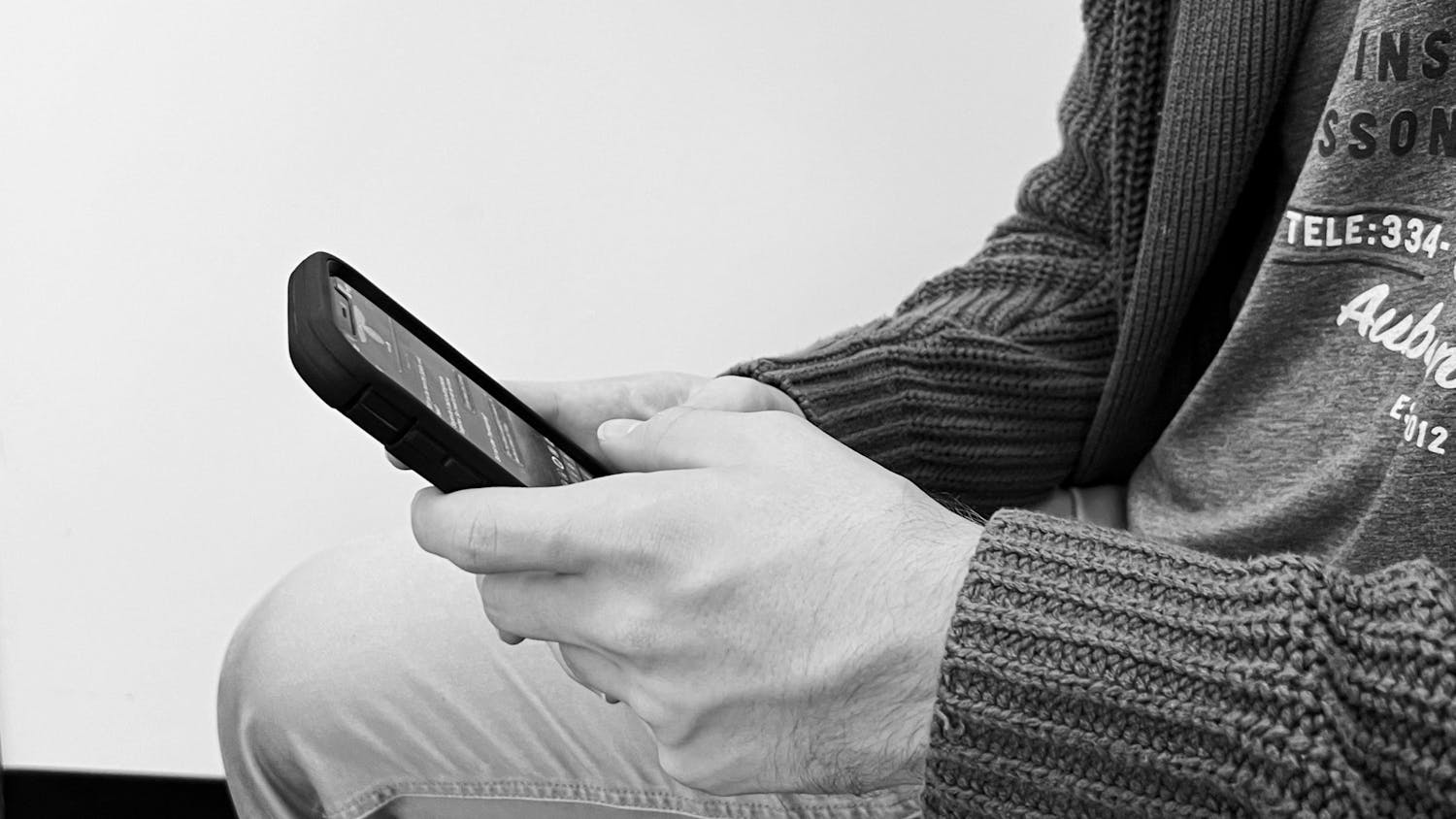Soon, I might finally be able to attend the second college of my dreams: Columbia University in New York City.
But how?
Easy. I'll take the classes online, possibly for free.
According to the latest issue of Newsweek, Internet learning is on the rise with partnerships between major universities such as Harvard, MIT, Princeton, Stanford and the University of Pennsylvania helping to spur the movement.
Companies like Coursera, Udacity, Khan Academy, the Minerva Project and edX are making it their job to revolutionize the way people all around the world view obtaining a higher education by democratizing it to the masses.
Most of these corporations are making full courses and tutorials available online for free, but some are seeking to become substitutes for top tier brick-and-mortar universities.
The for-profit Minerva Project aims to fill gaps that Ivy League schools leave students in year after year: qualified to attend, but a lack of physical space at the university to accept all applicants. It calls itself "the first elite American university to be launched in a century," and while I wasn't able to find tuition statistics, you can bet that it will undercut Yale.
Other non-profits, such as Coursera, founded by two professors at Stanford, simply aggregate various courses from their partner institutions and offer them online at no charge.
Some the courses you can take from Coursera include: A History of the World since 1300 at Princeton, Computer Science 101 at Stanford, Game Theory at Stanford and Social Network Analysis at University of Michigan, among a couple dozen others.
Even though online universities have yet to come up with an adequate way to generate revenue, where there's a culture-changing service and proper demand, there's money somewhere.
This "moving online" trend leaves physical colleges everywhere in an interesting financial situation unique to the 21st century.
The same Newsweek article stated, "How can top universities keep charging $250,000 for a four-year degree if the courses they offer are available online at no cost?"
This then begs the question: what the hell am I still doing at a "real" college?
I'd like to think that I'm paying for an atmosphere and real-world education that you simply can't get from sitting at a computer. Some call it the Auburn experience, but I just call it college.
This tradition of college had to change at some point, but I think few people are ready for how fast it might actually happen.
President Jay Gogue, I'm looking at you.
Will a degree from an Ivy League school or other top universities such as Auburn become less valued one day because everyone with a credit card and free time will be able to work towards one?
I don't think so.
As long as you've got the brains to show for it, I don't think obtaining a higher education will ever do anybody wrong.
Do you like this story? The Plainsman doesn't accept money from tuition or student fees, and we don't charge a subscription fee. But you can donate to support The Plainsman.




